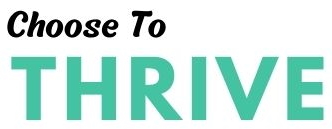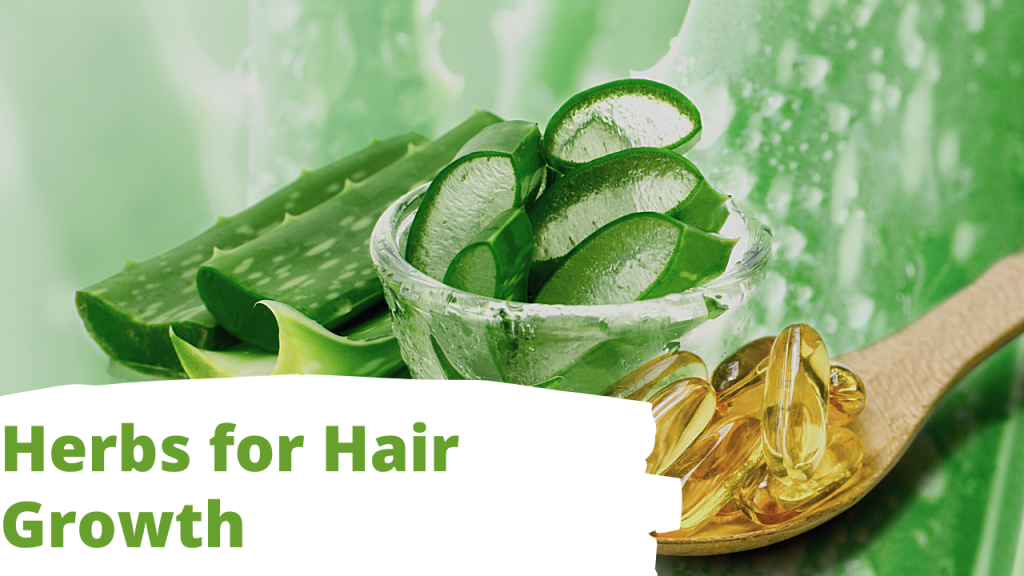If you want your hair longer, there are several options. You could go to a medical doctor and go home with a prescription medication such as Minoxidil, and then deal with side effects as they arise. Minoxidil is a vasodilator that allows more oxygen, blood and nutrients to get to the hair follicle.
You could improve your diet on your own and hope that this change makes a difference. You could be more proactive about your nutrition and see a nutritionist who can give you a plan to correct any vitamin and mineral deficiencies. You could also take herbs for hair growth.
When you consider all three of these methods, the one solution that has stood the test of time is using herbs for hair growth. The interesting part is that science hasn’t kept up with research on herbs over the years. Science has lagged behind and now medical doctors tell you there’s not enough research on herbs for hair growth to recommend them. You will have to determine whether or not there is enough research or not yourself.
How Herbs for Hair Growth Work in the Body
Herbs for hair growth are quite interesting because they work via one of a few different mechanisms. They may:
- stimulate hair follicles to grow
- have anti-bacterial, anti-fungal, anti-parasitical activity that eliminates the ‘bug’
- on the scalp causing hair loss
- decrease high levels of testosterone that increases hair loss
- decrease effects of stress which deplete necessary nutrients to keep hair growing
- restore female hormone levels
- provide active vitamins and minerals that are necessary for hair growth
- provide medicinal constituents not necessarily known for hair maintenance,
- synthesis and hair growth
Red Korean Ginseng: One of the Herbs for Hair Growth
Before you give up on herbs for hair growth, you have to read about what happened when scientists compared the effects of corticosteroids on hair growth and density against effects from Korean red ginseng.
If you love using natural remedies, this study will be one more piece of evidence that what you believe in is correct. The study followed people with alopecia, a type of hair loss, who were in their 30s for 12 weeks. Fifty people were divided into two groups of 25 individuals. One group was given corticosteroids as treatment since alopecia has an autoimmune component to it. The other group was given cortiocosteroids plus ginseng. Both groups received treatment for 12 weeks. The goal was to see who had the best hair growth.
Here’s a table of the results:
| Types of Treatment | #Patients | #Hairs | Hair Density | ||
|---|---|---|---|---|---|
| Before | After | Before | After | ||
| Corticosteroids + Ginseng | 24 | 44 cm2 | 101 cm2 | 0.062 | 0.085 |
| Corticosteroid | 24 | 40 cm2 | 91 cm2 | 0.058 | 0.078 |
Korean red ginseng is known for its ability to prevent hair loss and make hair grow. And according to this study, it did – although researchers said that statistically, there wasn’t a difference in the results of the two groups.
The researchers concluded that Korean red ginseng can improve hair regrowth in those with autoimmune causes of hair loss. They proposed that the reasons why it worked so well was because the herb contains medicinal components called ginsenosides that are known to be anti-inflammatory and anti-allergies.
Fo-Ti: Affects Hair Regrowth Via Interfering with Testosterone
While you’re using Red Korean ginseng for hair growth, you may also want to check out the herb Fo-ti. As many women in menopause produce less estrogen, their testosterone levels may increase. High levels of testosterone are sometimes associated with hair loss. It’s one of the hormonal disruptions that can be related to hair loss.
Fo-ti has been known by herbalists for centuries to turn restore the original color of gray hair over time, and recently, has been found to have estrogen activity. Thus for those women who don’t want to take hormone replacement therapy, the herb fo-ti can provide three benefits all at one time:
- Eliminate the gray hairs
- Provide more estrogen
- Reduce the testosterone levels in the body
Fo-ti provides about 1/300th of the activity of 17-beta-estradiol, according to researchers at the University of California in San Diego. (Source: Jour Clin Endocrin Metab 2003,88(9):4077-79.)
Eclipta alba: Another of the Herbs for Hair Growth
An Indian herb called Eclipta alba Hassk is known in that country as one of the herbs for hair growth. Research on rats confirmed the legends about this herb. When a water extract of the herb was incorporated into an oil cream base and applied topically, the researchers might have been surprised about the results. Compared to Minoxidil, Eclipta alba worked twice as fast! The herb initiated hair growth quickly. Even the time for completed hair growth was significantly less. This herb for hair growth grew 46% more hair than Minoxidil. (Source: Arch Dermatol Res 2008 Aug; 300(7):357-64.)
Chinese Herb Extract Dabao Acts as a Hair Restorer
Dabao is used in China to grow hair in those with alopecia androgenetica. In a randomized, double-blind study with 396 volunteers, Dabao grew 24 more hairs in a 5 cm squared area.
That’s quite a bit, considering the placebo group only had 109 hairs; it comes out to about 22% more hairs. When the volunteers had to rate their results, 42% of the Dabao group were happy with their results, compared to 37% in the placebo group.
(Source: J Clin Epidemiol 1991;44(4-5):439-47.)
Chinese Ginseng Works Too
Panax ginseng is not the same herb as Korean red ginseng. They are two separate plants. Besides Korean ginseng helping improve hair growth, Panax ginseng does so too. Radix panax ginseng is widely used in China for alopecia (hair loss).
In one study using a slightly different plant, Fructus panax ginseng was tested to see whether or not it also might grow hair in mice. It did. A topical application of the new herb lengthened the amount of time that the hairs stayed in their growth phase and enhanced growth of the dermal papilla cells compared to the placebo of Minoxidil.
(Source: J Ethnopharmacol 2011 Nov 18;138(2):340-4.)
Rosemary Extract: Another Herb for Hair Growth
A 6-inch branch of rosemary from your herb garden made into an extract may also be one of the herbs for hair growth you use.
In a Japanese study reported in the Phytotherapeutic Research journal, scientists tested a topical preparation of rosemary extract on mice that lost hair due to high levels of testosterone.
The rosemary extract promoted hair growth and the dosage of the extract determined how much testosterone 5-alpha-reductase was inhibited. An 200 mcg/ml rosemary extract inhibited testosterone enzyme by 82.4% while an500 mcg/ml rosemary extract inhibited testosterone enzymes by 94.6%. (Source: Phytother Res 2013 Feb;27(2):212-7.)
There are dozens of other herbs that have been used as herbs for hair growth over the centuries. These are only some of them!



Comments are closed.